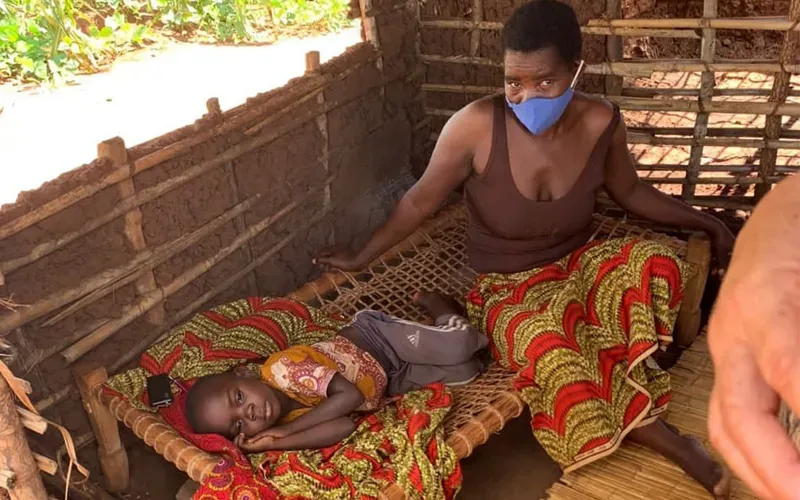Nampula, 17 May, 2021 / 7:15 pm (ACI Africa).
The Catholic Archdiocese of Nampula located in North-eastern Mozambique has commenced the construction of houses with a hope to resettle thousands of displaced people currently being hosted by the Archdiocese.
An official of the Catholic Peace organization Denis Hurley Peace Institute (DHPI) has told ACI Africa that over 60,000 displaced persons from Cabo Delgado in Northern Mozambique are currently living in Nampula Province, and that with many more arriving daily, the lack of housing and food is critical.
Narrating the current situation of the displaced people, an official of DHPI says, “Some IDPs sleep under straw shelters.”
The Archdiocese of Nampula, through Caritas Nampula and with support from DHPI of the Southern African Catholic Bishops Conference (SACBC) launched the project to build 200 houses in Corrane, one of the IDP shelters under the auspices of the Catholic Archdiocese of Nampula.
A total of 3,170 people will benefit from the housing project including those who recently fled from the March attack in Palma, a town under the jurisdiction of the Catholic Diocese of Pemba in the country’s North.








